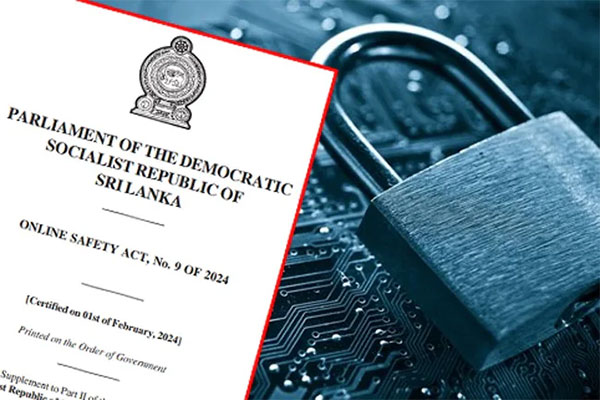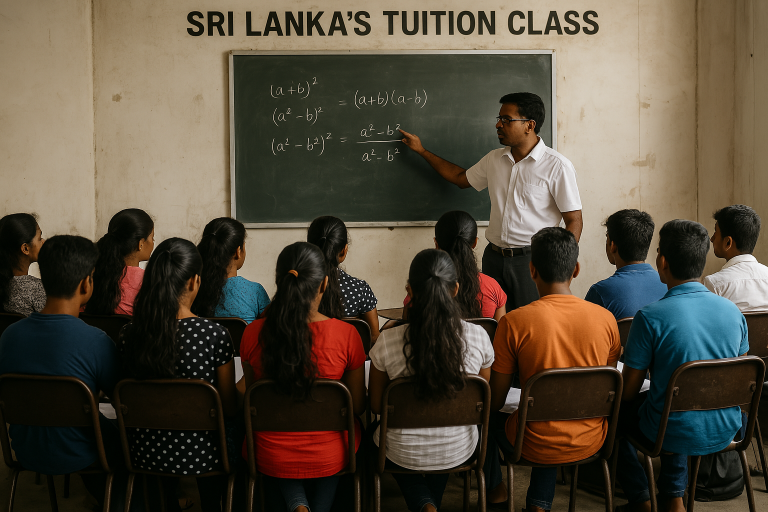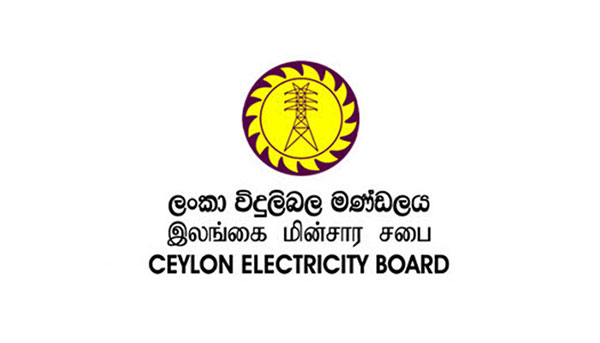The Journalists for Rights organisation expressed concerns about the ongoing legal reforms lacking public engagement, adding that law-related reforms taking into account the public’s opinions and interests are crucial for the country to properly benefit from such and to prevent harms caused in the enforcement of such laws.
The organisation’s Secretary, attorney Dulan Dassanayake said that this is a concerning situation as the Government has already introduced a number of legal reforms and since more reforms are underway. He added that most of these laws have failed to completely or adequately take into account the public’s opinions and interests.
Speaking to The Daily Morning following a press briefing in Colombo, he explained that the recently passed Online Safety Act and certain amendments proposed to the Penal Code provide examples for the types of issues that can be caused by the lack of public awareness including stakeholder engagement. The Government is now considering amendments to the Online Safety Act, which did not take stakeholders’ opinions into consideration before enactment, while the proposed amendments to the age of sexual consent have caused controversy and been withdrawn because the proposals and the motives behind the proposals were not discussed even amongst the relevant public institutions.
“Introducing laws and regulations hastily and without a public discourse have resulted in even the progressive aspects of these proposals not being implemented. The Government must prevent such situations,” he stressed, adding that the objectives of legal reforms can be achieved only through adequate discussions with the relevant parties.
He also expressed concerns about certain high-ranking officials’ unwillingness to change proposed legal reforms and also the Government’s practice of gazetting Bills before allowing for the public’s opinions.
“However, when a Bill has been gazetted, it can be enacted at any moment after entering it into the Parliament’s agenda with or without a public discourse.”
Acknowledging that there are practical difficulties in holding public discussions, Dassanayake explained that what is important is ensuring that the public’s opinions are conveyed to the relevant authorities through stakeholders such as civil society organisations.
“These laws include both laws that are beneficial to the public and laws that limit the public’s rights. I think that it is for the first time in Sri Lanka’s history that such a number of laws were passed one after the other. The President had said during a recent meeting with lawyers that around 45-50 draft Bills are to be passed in the near future. All these laws will have an impact on the public,” he elaborated during the press briefing.







